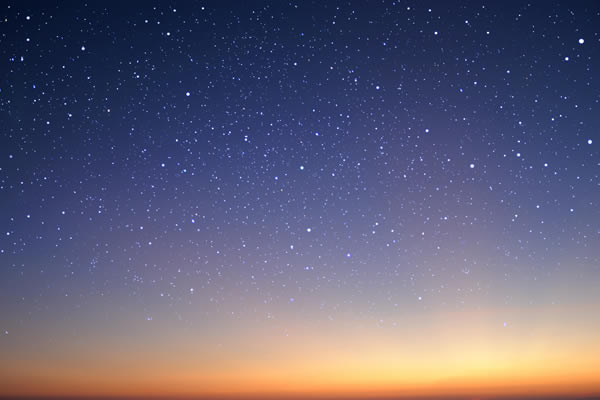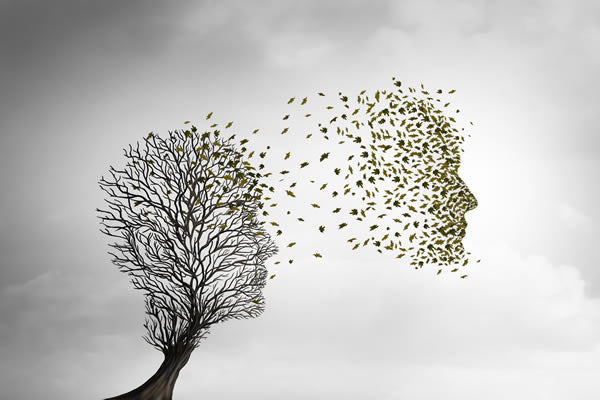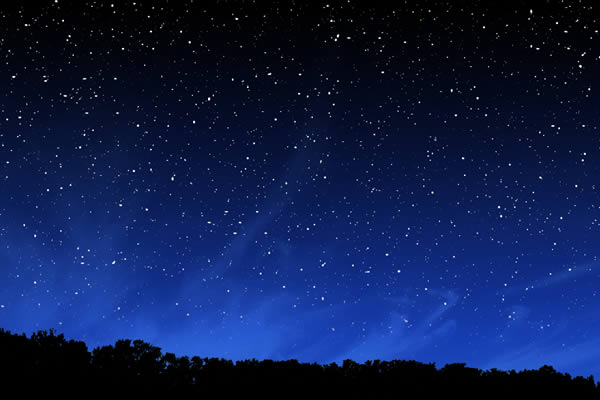Blog
-
In early August, Michelle and I got back from a couple of months in rainy New Orleans. Lucky us – we beat hurricane Ida by three weeks. Michelle needed to be there to photograph some clients for her portrait-painting business. The house she still rents on Prytania Street is urban and too noisy for me to record listenable readings or to shoot video, so I was left with seven weeks that were basically in my own hands. This was the first time that kind of time had opened up in my life in exactly forty-three years and ten months – I know the number that specifically because it dates back to when I sold my sailboat, stopped trying to be Jimmy Buffett and got to work on being myself.
Being a Capricorn, facing seven weeks of vacation would have driven me directly into psychotherapy, so I needed something to do. As I cast about for possibilities, I remembered a project I’d been thinking about attempting for a long time. Over the years I’ve written a huge number of articles and newsletters on various astrological topics. I had always wanted to assemble them into a single volume – a sort of “collected essays” book.
I started poking around my old files. Even with some fairly draconian editing and rejections, I realized that I had plenty of material for a book – seventy-one of the articles I had written over the past couple of decades passed my strict muster. I saw a couple of obvious holes in the project too, so I wrote a couple more essays to fill them.
-
Maybe I am sitting with a client who has the natal Moon on the Midheaven. The symbols tell me that she has been “called to a mission” in this lifetime – that she has something important to do in her community, something that will touch the lives of people with whom she does not have any kind of personal karma. With signs and aspects, I can get a lot more specific, but that’s not my point here. I want to write about a very slippery question, and that is the relationship between astrology and psychotherapy. My client with the Moon on the Midheaven is just my launching pad.
We are all responsible for the way we “inhabit” our birthcharts. That element of free will is absolutely central to my understanding of astrology. One dimension of that pivotal principle is that we are all free to blow it – free to let fear, bad social conditioning, or sheer laziness take a bite out of our lives. That’s true of you, me – and my client with the Moon on her Midheaven too. The fact that she “has a mission” does not mean that she will rise to it. Some personal “Moon work” must serve as the foundation of any gift she is eventually able to give to her community. That will require some effort.
-
Past lives are a slippery subject. An unscrupulous astrologer could tell you that you were once Christopher Columbus’s red-headed Scorpio girlfriend, and what can you say? It can’t really be proven one way or the other.
Reality itself is the ultimate test for any theory. Much of the theory behind evolutionary astrology rests upon an acceptance of reincarnation, but how can we actually test any of it, let alone prove it? Our critics often make that exact argument and it is difficult to refute. Probably the best response we can put forth rests in the words of the Tibetan saint, Padma Sambhava, who once simply said, “if you want to know your past lives, consider your present circumstances.” The evidence of your prior lifetimes is, in other words, visible in your present life. The stories we tell based on our analysis of the Moon’s south node and the planets connected with it echo in our daily lives today. That’s really the heart of the matter and our best response to our critics – but it doesn’t get even close to really proving the idea of reincarnation.
And that circles us back around to our initial dilemma: our whole system rests on something that people have to take on faith – or not.
-
Recently I was interviewed by a South African online magazine. I liked the spirit of the interview a lot and I decided it would make a good newsletter for this month. The magazine itself is more broadly spiritual than specifically astrological, so the interview isn't technical at all. It's more personal and philosophical, and it felt good to do it. Some of the bits you'll read here will be familiar to people who've been following my work for a long time. Some of you new readers can catch up, starting with me at age ten or so gazing through a little telescope through the atmospheric muck a few miles north of the Empire State building in New York City. I was obsessed with the heavens, but the metaphor I had been fed for understanding them -- astronomical science, circa 1960 -- was failing me miserably. Even as a kid, I sensed that there was more coming to me directly from Jupiter than photons of light . . .
-
There are many different schools of thought in astrology. Strange as it might seem, in the right hands all of them seem to work, even ones that contradict each other. Western Tropical astrology versus Vedic astrology is perhaps the classic illustration – those two systems can’t even agree on where Aries is! I think of myself as a Capricorn, but in Benares I am transformed into a Sagittarian. It’s confusing, but I like to keep the word “versus” out of the discussion as much as possible. Both systems, Western and Vedic, can help people. Both can illuminate the mystery we call human life. Reading an astrological chart is not linear and logical like reading a newspaper or a column of figures. I always despair when someone asks if I can “take a quick glance at their chart.” There is no such thing as “a quick glance.” Deciphering the message of the planets is a lot more like interpreting a dream or a poem – there’s more than one right way to make sense of it, in other words.
The last time I had a reading myself, it was actually with a Vedic astrologer. That was intentional. I knew that if I asked an evolutionary astrologer to look at my chart, my ego would get in the way. I’d be too busy “correcting” the person to learn anything. But Vedic – I know almost nothing about it, so I was able to simply listen. It was helpful, so long as I focussed on the plain English of what the astrologer was saying, and ignored the discordant astrological language. Me, a Sagittarian? Mister work-all-the-time Capricorn? Forget about it.
Anyway, I am writing all of this because in this newsletter, I am going to jump into one of the bloodiest shark tanks in the whole chaotic, contentious astrological community – the question of which house system to use. There are at least a dozen different ways of laying out the houses of a chart, maybe more. When I was a young astrologer, I tried as many of them as I could find, naturally always using my own chart – and the realities of my own experience – as the acid test. Very little in astrology is ever totally clear cut – again, a chart is more like a dream than a computer manual. But during those early years Placidus houses won the battle for my heart and my mind. I’ve used them ever since, successfully, with thousands upon thousands of clients over the past fifty years. Nowadays, I rarely even consider other systems.





